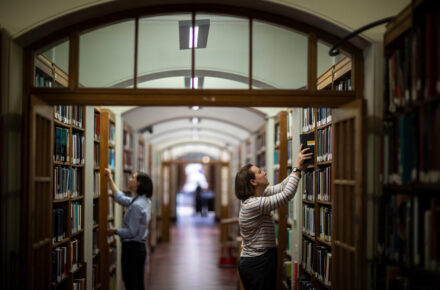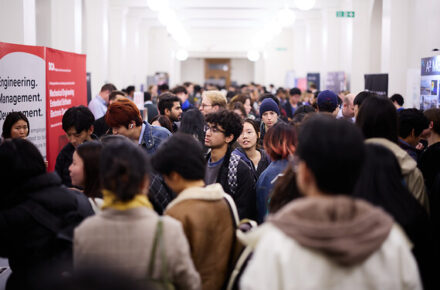

In my three years at UCL, there has been a black cloud overshadowing my experience. Classism. Whilst not ruining it, it is undeniable the othering I feel in many situations.
In 2020-2021, UCL had an intake of 67.6% of state school students, when it is estimated only 7% of children are in private education. A figure I cannot fathom has changed much.
Perhaps my experience has been different because I’m transparent. Since I was young I haven’t been embarrassed to admit my background: A northerner who was council-housed with a single parent on benefits until I was 15.
Part of this honesty is a refusal to be shamed out of spaces I’m not supposed to belong in. Another part is that If I can do it without the support of private tutors and an expensive education, shouldn’t that be something of pride?
Throughout my time here I’ve faced a plethora of comments, including but not limited to: “Povvo”, “Chav”, “Benefit Scrounger” or being told my contextual offer was deeply unfair because why was I allowed to be “thick” and they weren’t? (I still would’ve gotten in without the lower offer!)
Classism is not new in University; it also isn’t secret. But it is misunderstood. It isn’t just the students themselves, it’s the institution as a whole who is to blame. Lecturers have made a point to mention they know who comes from a state school on the basis of an email, adding to the imposter syndrome working-class students often feel.
I have been in a multitude of classes that are based on the belief you already have pre-existing knowledge, which is often not the case for students from failing state schools like myself. As an Ancient World student, this has been particularly obvious as I did not have the privilege to learn about these civilisations and was why I decided on the degree at UCL. Yet it often feels like students without such a background are completely dismissed.
It is an odd problem at UCL, considering that we were one of the first institutions in the country to welcome working-class students. Yet, their equal opportunity policy does not include any mentions of class as a basis for discrimination.
But it isn’t an exclusive problem to UCL, we have seen this issue across the country. In Durham, there were competitions for who could sleep with the “poorest” girl, Oxford has its infamous Bullingdon Boys Club, and Manchester has even had a problem of gentrification due to wealthier students moving in the area and pricing out local students.
This treatment and discrimination is a testament to the misunderstanding of poverty among people in this country. A lack of comprehension as to the trauma that is poverty. To not know when the heating might be back on in the dead of winter, or if the electricity will be on in time to do school work.
Moving to University for someone like me is not just an opportunity to escape the barriers that come with being working class, it is a chance to disprove common beliefs held about poor people. To move to a university like UCL, one with recognition, is to be seen as an equal with potential.
UCL currently believes that filling the financial gap for working-class students is enough. Whilst it is one important step, the bursary is undeniably fantastic for the poorest students at £3,000 a year. However, it does not provide any other way to support students with the culture of classism that permeates the University.
This article appeared in CG89







